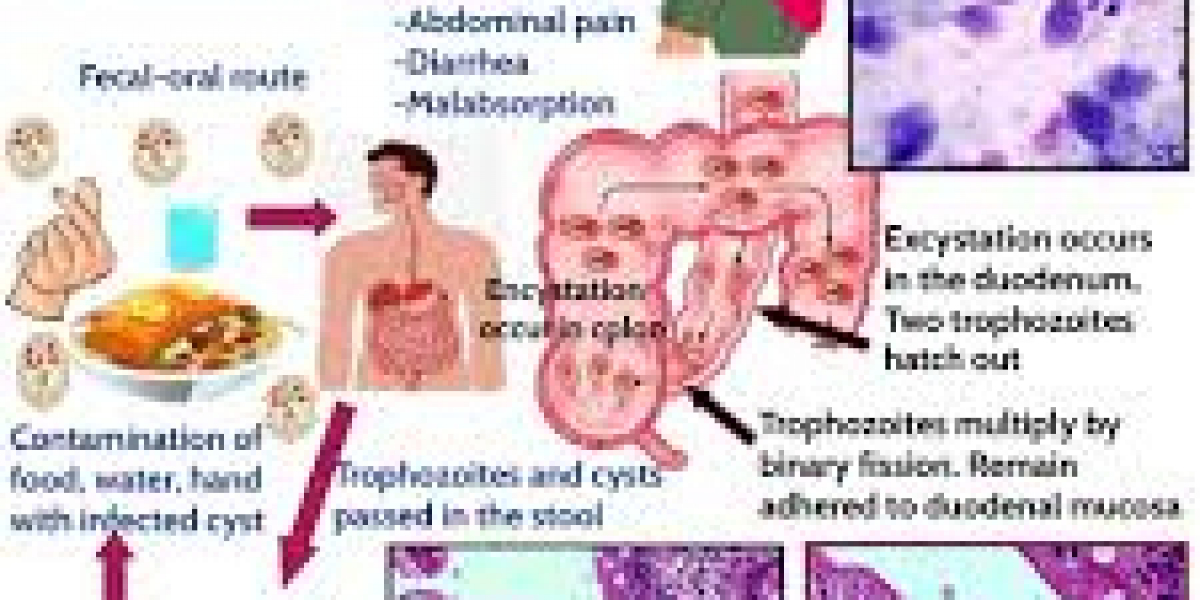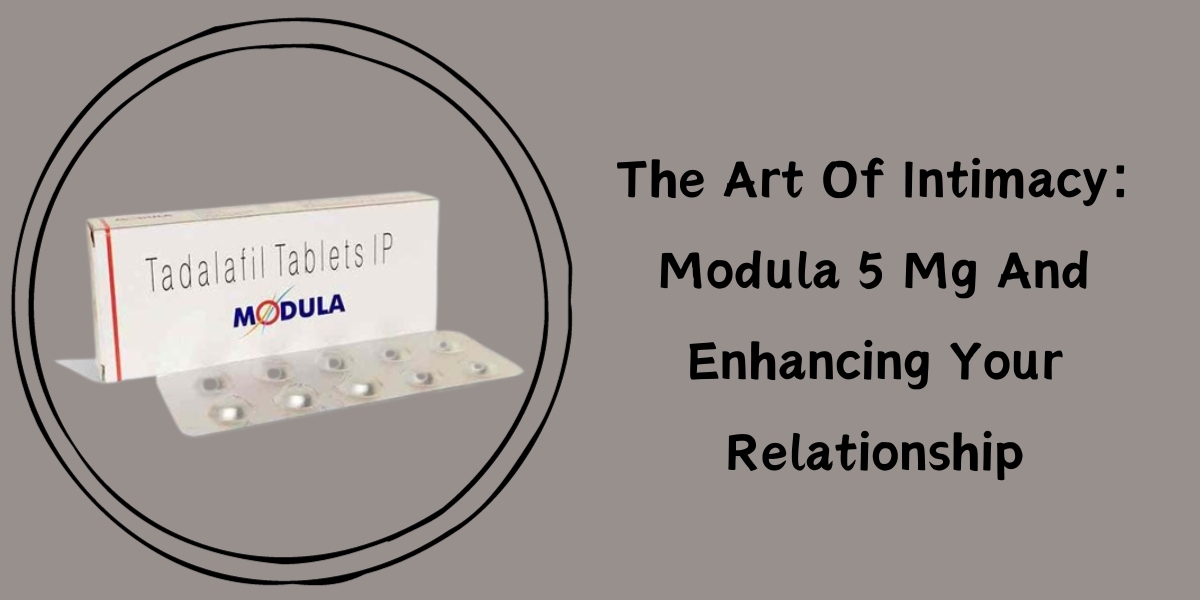Giardiasis is a gastrointestinal illness caused by the parasite Giardia lamblia, which infects the small intestine, leading to symptoms like diarrhea, abdominal cramps, bloating, and fatigue. It is one of the most common waterborne diseases globally, with a high prevalence in areas with inadequate sanitation, though it can affect anyone exposed to contaminated water, food, or surfaces.
To address giardiasis effectively, treatment often involves medications like nitazoxanide (commonly marketed as Nizonide), which is a broad-spectrum antiparasitic drug that has proven effective against Giardia infections. Below is a comprehensive overview of giardiasis, including causes, symptoms, diagnosis, treatment, prevention strategies, and how nitazoxanide 500 mg (nizonide 500mg) plays a role in treatment.
What Causes Giardiasis?
Giardiasis is caused by ingesting Giardia parasites, primarily through contaminated water sources. This can happen from drinking or swimming in untreated water, commonly from lakes, rivers, or pools not adequately chlorinated. The parasite also spreads through the ingestion of food or surfaces contaminated with Giardia, often due to poor hygiene practices or contact with infected individuals. Other common ways people contract giardiasis include:
Drinking contaminated water: Streams, ponds, and untreated water sources often carry the parasite.
Traveling: Visiting areas with poor sanitation increases exposure to Giardia.
Poor hand hygiene: Especially in children, who might touch surfaces, then their mouths, or share toys.
Infected animals: Pets or farm animals infected with Giardia can pass it on to humans.
Symptoms of Giardiasis
Symptoms of giardiasis generally appear within one to two weeks of infection and can range from mild to severe. Common symptoms include:
Diarrhea: Often watery and foul-smelling.
Abdominal Cramps: Pain and discomfort, especially in the lower abdomen.
Gas and Bloating: Giardia infections cause significant gas and bloating.
Nausea and Vomiting: Some patients experience persistent nausea.
Weight Loss: Due to malabsorption and diarrhea.
Fatigue and Weakness: Persistent symptoms can lead to chronic fatigue.
In severe cases, giardiasis can lead to malnutrition, especially in children, by impairing nutrient absorption in the small intestine. Chronic infection may lead to more prolonged symptoms and increased susceptibility to gastrointestinal disorders.
Diagnosing Giardiasis
Diagnosing giardiasis typically involves stool tests to detect the presence of Giardia parasites. Diagnostic methods include:
Stool Sample Analysis: Multiple stool samples are often required as parasites may not appear in every sample.
Stool Antigen Test: More sensitive, this test detects Giardia antigens.
Polymerase Chain Reaction (PCR): Highly accurate and often used in chronic cases to confirm the infection.
Treating Giardiasis with Nizonide 500 mg (Nitazoxanide)
Nitazoxanide, known commercially as nizonide 500mg, is an antiparasitic medication widely used to treat giardiasis. It works by inhibiting the parasite’s metabolic pathways, rendering it unable to survive and reproduce within the host. Nitazoxanide has become popular due to its efficacy, shorter treatment duration, and lower rates of resistance compared to other antiparasitic medications.
Dosage and Administration of Nizonide 500 mg
The typical dosage for adults is 500 mg of nitazoxanide twice daily for three days. Children’s dosages may vary depending on their age and weight, and pediatric formulations are available to make administration easier.
Administration: Nitazoxanide should be taken with food to enhance absorption.
Compliance: Completing the full course of Nizonide 500 mg is crucial, even if symptoms improve before the end of treatment.
It’s essential to note that while nitazoxanide is effective, it should only be taken under the guidance of a healthcare professional, as improper use may lead to side effects or incomplete eradication of the parasite.
Preventing Giardiasis: Practical Tips
While medications like Nizonide 500 mg are effective for treatment, preventing giardiasis is always better. The following are some strategies to reduce the risk of infection:
Practice Good Hygiene
Wash hands with soap and water before eating, after using the restroom, and after handling pets.
Teach children the importance of proper handwashing, especially before meals.
Drink Safe Water
Avoid drinking untreated water from lakes, rivers, or streams.
Boil water if you suspect contamination or use water filters designed to remove Giardia.
Avoid High-Risk Foods and Beverages in Certain Regions
In areas with known sanitation issues, avoid raw or unpeeled fruits and vegetables, and avoid ice cubes unless you’re certain they’re made from treated water.
Take Precautions When Traveling
- Consider using bottled or filtered water in areas with poor sanitation.
- Be cautious with street food or uncooked items when visiting areas where giardiasis is common.
- Practice Safe Recreational Activities
- Avoid swallowing water while swimming in pools, lakes, or rivers.
- Ensure that children are supervised and reminded not to swallow water while swimming.
Who Is at Higher Risk for Giardiasis?
Certain groups are more susceptible to contracting giardiasis, including
Campers and Hikers
Those who consume untreated water from natural sources.
Travelers to High-Risk Areas
Visiting countries with limited water treatment facilities.
Young Children and Caregivers
Close contact in childcare settings often leads to higher transmission rates.
Immunocompromised Individuals
People with weakened immune systems may be at increased risk and may also experience more severe symptoms.
Complications of Giardiasis
In most cases, giardiasis is treatable, and patients recover fully with medication like Nizonide 500 mg. However, if untreated, complications may arise, including
Malabsorption and Malnutrition
Chronic giardiasis can lead to nutrient deficiencies.
Irritable Bowel Syndrome (IBS)
Some individuals experience persistent symptoms even after treatment, leading to IBS-like conditions.
Dehydration
Severe diarrhea can lead to significant fluid loss, requiring rehydration.
Conclusion
Giardiasis, though common, is preventable and treatable. Practicing good hygiene, drinking safe water, and taking precautions in high-risk areas are effective ways to avoid the infection. For those who contract giardiasis, treatment with Nizonide 500 mg (nitazoxanide) provides a reliable and effective solution. Administered under medical guidance, this medication can significantly shorten illness duration and reduce symptom severity.
Prevention efforts, particularly in places with limited access to clean water and adequate sanitation, are critical. For those at higher risk, remaining vigilant about water and food safety can help minimize exposure. With a combination of preventive measures and effective treatment like Nizonide 500 mg, giardiasis can be managed and controlled, contributing to improved public health outcomes.









